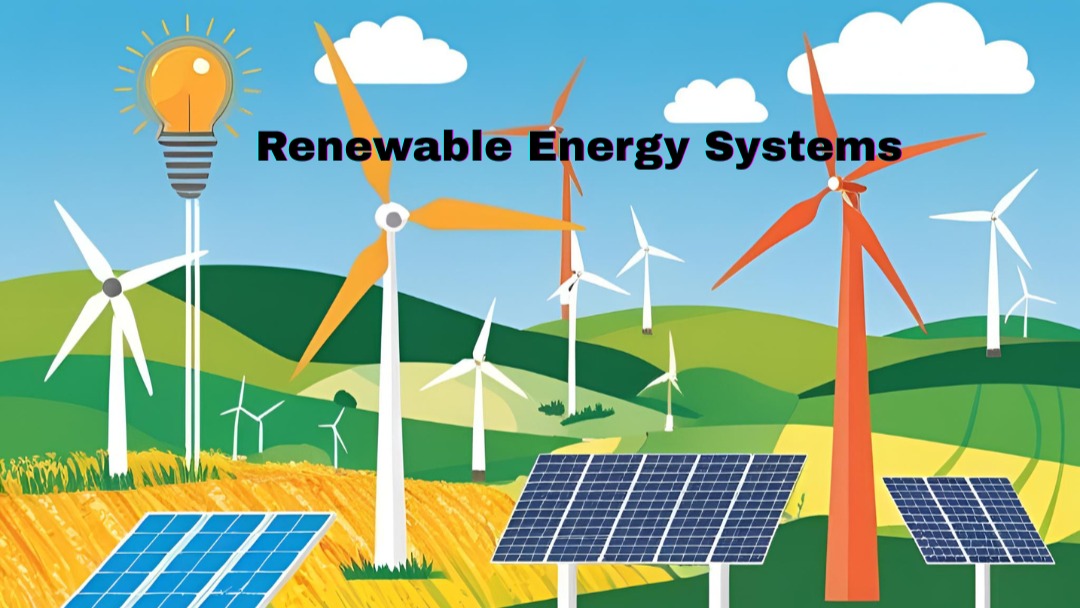
About Course
The Renewable Energy Systems course focuses on educating students about sustainable energy solutions that can help mitigate the effects of climate change and reduce dependence on fossil fuels. The course covers various renewable energy sources such as solar, wind, hydro, geothermal, and biomass, along with their technological, economic, and environmental aspects. Students will learn about energy conversion systems, grid integration, and the policies that drive the adoption of renewable energy solutions. The goal is to equip participants with the knowledge to design, implement, and manage renewable energy systems effectively.
This course is crucial for professionals and students looking to specialize in sustainable energy, and it plays a pivotal role in meeting global energy needs while reducing carbon footprints.
Course Content
Introduction to Renewable Energy
-
Overview of global energy challenges and the need for renewable energy
-
Environmental impact of traditional energy sources
-
Key drivers of renewable energy adoption: sustainability, cost, and policy
-
Introduction to renewable energy sources: solar, wind, hydro, geothermal, and biomass
